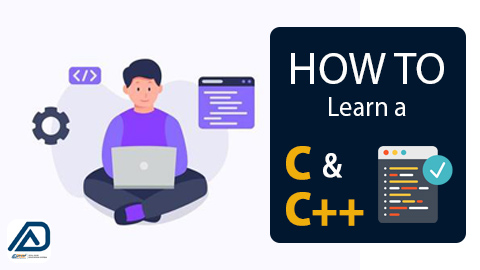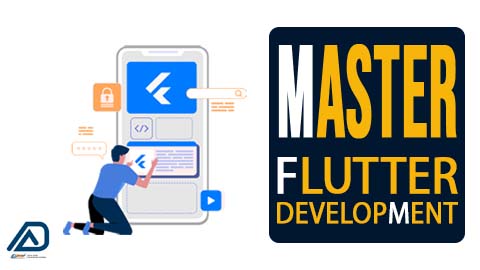What you'll learn
Basic Syntax: You will learn the fundamental syntax of the C programming language, including variable declaration, data types, operators, and control structures (loops and conditionals).
Functions: You'll learn how to write functions in C, which are reusable blocks of code that perform specific tasks.
Pointers: Understanding and working with pointers is a crucial aspect of C programming. Pointers are variables that store memory addresses and are used for tasks like dynamic memory allocation and efficient data manipulation.
Memory Management: C provides manual memory management, and you'll learn how to allocate and deallocate memory using functions like malloc and free.
Arrays and Strings: You'll become proficient in working with arrays and strings, which are fundamental data structures in C & C++.
File Handling: C provides functions for file input and output operations. You'll learn how to read from and write to files.
Debugging and Error Handling: Learning how to debug C programs and handle errors is an essential skill.
Object-Oriented Programming (OOP): C++ extends C by introducing OOP concepts like classes and objects. You'll learn how to create and use classes, encapsulation, inheritance, and polymorphism.
Templates: C++ supports template classes and functions, allowing you to write generic code that can work with different data types.
Exception Handling: You'll learn how to use exception handling to manage errors and exceptions in C++ programs.
Master in Flutter Development
What is Flutter Development? Flutter is an open-source UI (User …
What you'll learn
Learning objectives in Flutter are concise statements that outline what you aim to achieve while learning Flutter development. These objectives guide your learning process and help you focus on key skills and knowledge areas. Here's a short note on common learning objectives in Flutter
Flutter Fundamentals: Understand the core concepts of Flutter, including widgets, layouts, and UI components.
Dart Programming: Learn the Dart programming language, which is essential for Flutter development.
User Interface Design: Master designing user interfaces with Flutter widgets, understanding layout principles, and creating responsive designs.
State Management: Explore various state management techniques and choose the right one for your app's complexity.
Navigation: Implement navigation and routing between screens in your Flutter app.
Data Handling: Work with data sources, APIs, and databases to fetch and display information in your app.
Flutter Animation: Create engaging animations and transitions to enhance user experience.
Testing and Debugging: Write tests to ensure the reliability of your app and troubleshoot issues effectively.
Platform-specific Features: Learn to integrate platform-specific features and plugins for Android and iOS.
App Deployment: Understand the app packaging and publishing process for Google Play Store and Apple App Store.
Performance Optimization: Optimize your Flutter app for better performance and responsiveness.
Continuous Learning: Stay updated with Flutter's evolving ecosystem, explore new packages, and engage with the community.
Real-world Projects: Apply your skills to build practical Flutter apps, gaining hands-on experience.
Open-source Contribution: Contribute to open-source Flutter projects to deepen your understanding and collaborate with the community.
Problem Solving: Develop the ability to solve common issues and challenges in Flutter development.
- 1
- 2




